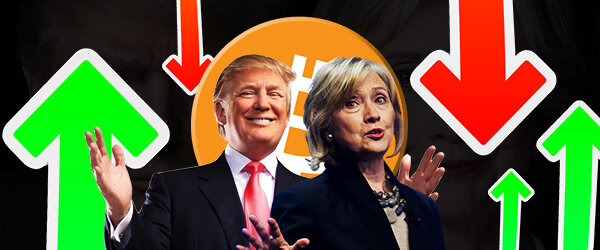China’s Restriction against Bitcoin Causes Concerns

The People’s Bank of China (PBoC) aims to control the Bitcoin exchanges operating in the country amid the dramatic Bitcoin price increase. The recent Bitcoin restrictions in China, however, do not have significant negative effects on Chinese Bitcoin exchanges.
PBoC recently held a private meeting with local Bitcoin exchange companies. It looks to limit the way a domestic exchange would market itself to potential new customers. Domestic exchanges must not cite the depreciation of the Chinese yuan in its marketing or promotional materials, according to the issued warning.
New restrictions and warnings
Certain exchanges were planning on having the decreasing value of the yuan as their selling point to their services. Because of the new restriction, they cannot continue with this marketing strategy.
PBoC also advised Bitcoin exchanges to comply with anti-money laundering and know-your-customer laws. Exchanges must also avoid artificially increasing their trading volume by using an automated program on the exchange site.
Moreover, PBoC issued a statement to warn everyone in China about using Bitcoin as an investment. The warning pointed out that Bitcoin is not a regular currency and that those who invest must be aware of the risks involved with the cryptocurrency.
The restrictions and warnings from PBoC might be due to China’s concern of a capital flight problem in the country. Capital flight is where a large amount of money or asset is quickly leaving the country. In this case, many of China’s investors and citizens are using Bitcoin to retain the value of their investment and savings.
Bitcoin exchange services will still continue its services without any hindrance. The PBoC restriction is only for their marketing methods and not their standard operating procedure.
Concerns on China’s restriction
China has a major influence on the Bitcoin value. With the devaluation of the yuan, many Chinese citizens transfer their savings and investments to other currencies using Bitcoin. The country contributes to 90 percent of the global Bitcoin trade and 70 percent of Bitcoin mining activities. Anything that can prevent the Chinese from trading or mining Bitcoin will significantly affect Bitcoin’s value. For many speculators, the value of the yuan is a good indicator of the Bitcoin price.
Bitcoin saw a very sharp drop on Jan. 5 after news of China’s new means of restricting the movement of Bitcoin spread. During this time, the yuan saw an increase in value of 2.5 percent. Earlier that day, The Bitcoin price was around $1,100 and was nearly reaching an all-time record high. The value of Bitcoin went down to as low as $900 within the first two hours after the news about the restrictions spread. There was a similar event in November 2016 where the Bitcoin value plummeted due to PBoC’s new restrictions.













